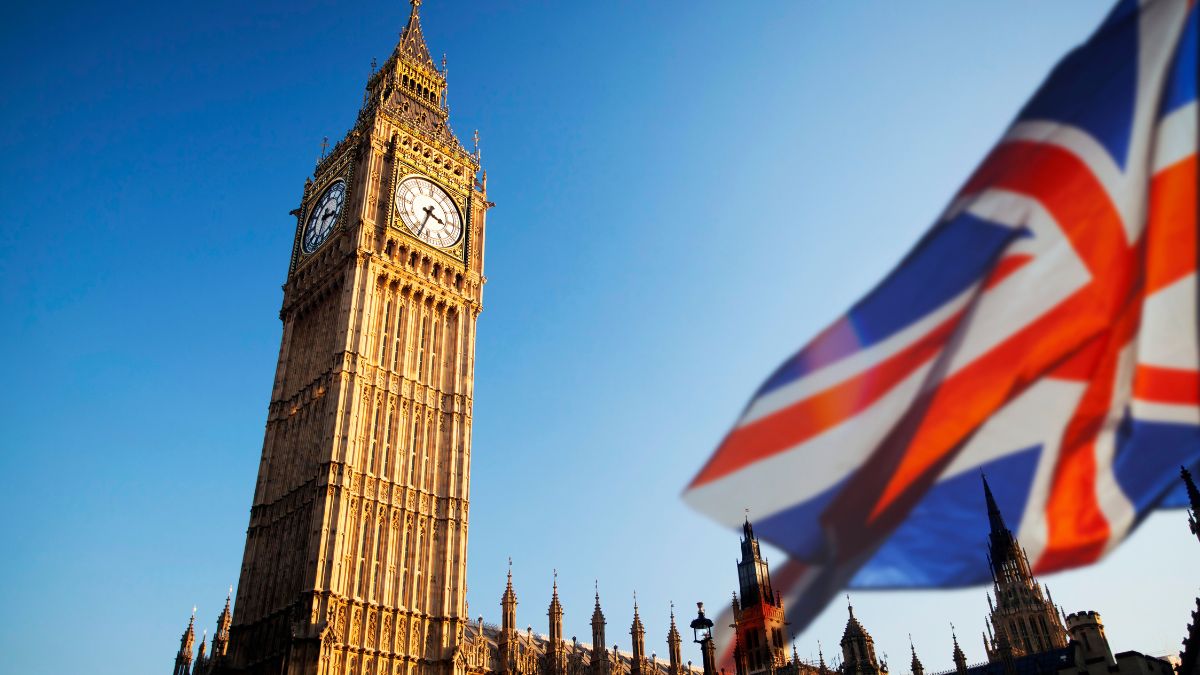In a sweeping move to reshape global trade, U.S. President Donald Trump on April 2 imposed a slate of reciprocal tariffs against top trading partners, including a 10% duty on the United Kingdom. The announcement came as part of what Trump called “Liberation Day”—a historic policy shift aimed at restoring fairness and protecting American manufacturing.
“Reciprocal. That means they do it to us and we do it to them. Very simple. Can’t get any simpler than that,” Trump said before signing the executive order. However, he clarified that the tariffs would be half the rate that countries charge the U.S.—a discount he claimed was offered out of fairness.
UK Avoids Heavy Tariff Blow, Faces Just 10%
While the European Union was hit with a 20% tariff, the UK managed to escape with a lower 10% rate.
Reciprocal Tariffs Imposed (as of April 2)
The U.S. Commerce Department confirmed that the following tariffs will be implemented starting Thursday, April 3 at 12:01 a.m. EDT, and a detailed product list will follow shortly:
| Country | Tariff Imposed |
|---|---|
| China | 34% |
| European Union | 20% |
| Vietnam | 46% |
| Japan | 24% |
| Taiwan | 32% |
| India | 26% |
| Thailand | 36% |
| South Korea | 25% |
| Switzerland | 31% |
| Indonesia | 32% |
| Malaysia | 24% |
| Cambodia | 49% |
| UK | 10% |
| South Africa | 30% |
| Brazil | 10% |
| Bangladesh | 37% |
| Singapore | 10% |
| Israel | 17% |
| Philippines | 17% |
| Chile | 10% |
| Pakistan | 29% |
| Sri Lanka | 44% |
A 10% baseline tariff will also apply to all other countries not listed above.
Why It Matters
Trump’s new tariff regime aims to counter what he calls “foreign scavengers” exploiting the American economy. The chart unveiled during the announcement—based on trade grievances data from Bloomberg Economics—highlighted high non-tariff barriers and value-added taxes (VATs) that disadvantage U.S. exporters.
According to the chart, the EU’s total grievance rate (tariff + VAT + non-tariff barriers) was pegged at 40%, while China’s stood at 54%, and Vietnam’s at 52%. Trump’s imposed rates are roughly half of these totals.
What Happens Next
The tariffs will take effect immediately, and the U.S. Department of Commerce will publish the final list of affected imports. Industry groups and foreign governments are expected to respond over the coming days, raising the prospect of retaliation or WTO challenges.
With a protectionist tone returning to U.S. trade policy, markets are already reacting. As previously reported, Gift Nifty fell 151 points following the India-specific tariff announcement.
More updates to follow…


